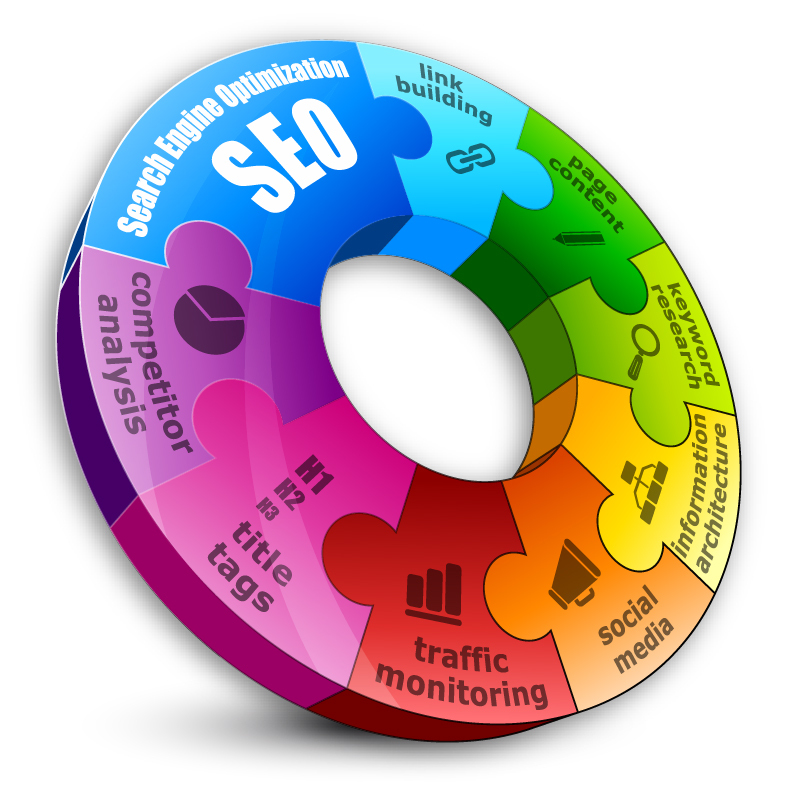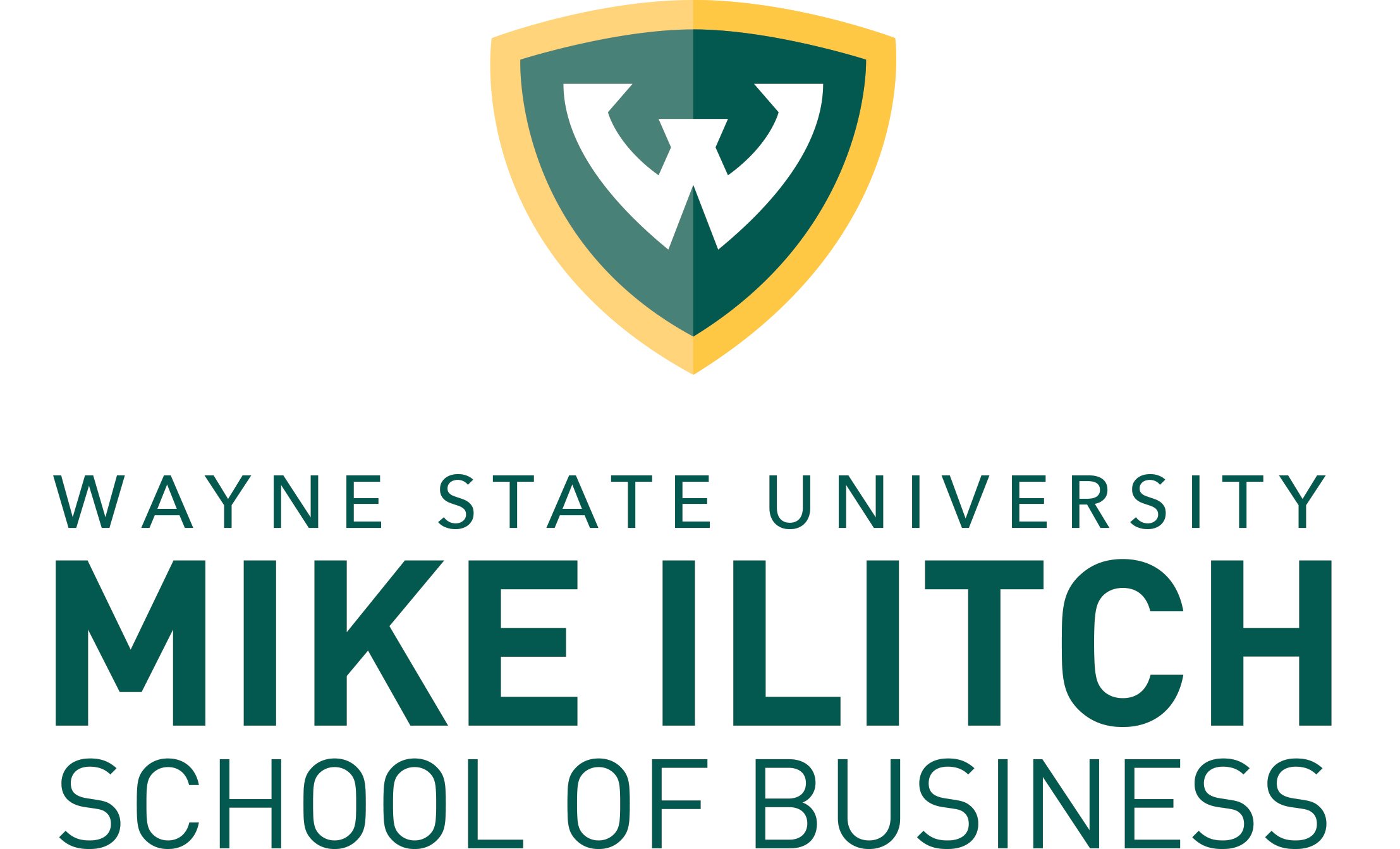Editor’s note: Senior undergraduate students, Shylan Ghoujeghi, an ISM major and Natalia Kumar, a dual major in ISM and Marketing, co-wrote the following blog post based upon their participation at the recent HubSpot Inbound 2014 annual conference in Boston.
The Next Generation: Students Natalia Kumar and Shylan Ghoujeghi offer concise user's guide to Search Engine Optimization
Recently,  we joined a group of students and faculty from Wayne State University’s School of Business to attend the HubSpot Inbound Marketing Conference in Boston, Massachusetts, where we (students) were introduced to the world of Search Engine Optimization (SEO). What we learned there immediately impacted our student website but, perhaps even more importantly, showed us the impact of SEO in business.
we joined a group of students and faculty from Wayne State University’s School of Business to attend the HubSpot Inbound Marketing Conference in Boston, Massachusetts, where we (students) were introduced to the world of Search Engine Optimization (SEO). What we learned there immediately impacted our student website but, perhaps even more importantly, showed us the impact of SEO in business.
The Power of SEO
At the conference, people around us were throwing out words like “spider” and “Panda,” and if you think they were just talking about animals, so did we. As students, whose knowledge of SEO was the extent of a quick Google search of the definition and tools, it took us a while to truly understand how this three-letter acronym was going to help us attract new members for our ITO organization at Wayne State University, and how we could utilize it for our website.
After numerous inbound marketing sessions and tutorials, we came back to Detroit with a whole new respect for HubSpot software and a better understanding of how to use it. Throughout the semester, we gained a deeper understanding of SEO and saw significant benefits of using it for our website.
What exactly is SEO? How do you implement it?
Below are four things we learned from our experience that can help answer these questions and more.
- The basics. In today’s technology-driven world, SEO is important for businesses that want to appear as a top result in search engines such as Google, Yahoo, and Bing. Generally, the higher ranked your website is on a search engine, the more frequently your site will be visited by users. Like a library, the system takes in the information and organizes it in a way that will make it easy for the user to find. The Internet is the library while the search engine is the librarian looking for the best search for the user through titles, links, and keywords. SEO helps the search engine find your pages faster, which can help increase the web traffic on your site.
- Essential SEO terms. During your journey toward becoming an SEO expert, you may stumble into a couple of concepts and words that you do not know. To increase your SEO vocabulary visit the HubSpot blog to familiarize yourself with many of the terms that you’ll encounter, including “spider” and “Panda.” So the next time you go to a tech-based networking event or conference, you can impress your peers with your newly developed vocabulary.
- SEO tools for beginners. When beginners think of SEO, advanced algorithms and complex engineering often comes to mind. And yes, the process to calculate search rankings can be extremely complicated (even advanced search experts have a hard time fully understanding it), but this does not mean that the strategies to make your site SEO-friendly are as well. Optimizing a website involves editing its content, HTML and other components of the site. There are a variety of tools that can help with optimization. For our ITO organization, we personally utilized HubSpot Inbound software. Software like HubSpot is user-friendly and guides the user through the SEO process step-by-step. However, if you are just starting out on a new blog or website, SEO tools like Keyword Eye and Word 2 Clean HTML work great as well. These free tools help you focus on specific aspects of your site that need to be optimized.
- Increasing prominence. So exactly what do you have to focus on to make your website or blog SEO-friendly?
One thing you need to focus on is keywords. Selecting the right keywords is an important part of SEO. Keywords should appear in your title, body content, URL, and Meta description. Generally, you want to focus on one or two targeted keywords for your page. Using too many keywords in a paragraph can actually penalize you by search engines. Consequently, finding the right amount and type of keywords is vital towards achieving a high search ranking.
Writing engaging and unique content is also an important aspect of SEO, but unique content is not enough. Your content must provide value to the reader. Website content must also be updated and added on a regular basis because “search spiders” favor fresh text. Generally, blogging about three times a week is a good practice. Writing content that has popular or frequently searched keyword phrases also keeps them relevant to the search.
It is also essential to link internally when possible. One way of doing this is to cross-link between pages of the same website because it provides more links to important pages. It is important to utilize information and links to better fit the end user’s needs. Using keywords in your link is also a good practice. For instance, instead of using a “Click here,” you could name your link about apples as the word “apples.” Overall, you cannot go wrong with adding links to your page. Try using “deep links” from pages with high ranks.
SEOs target a wide variety of searches: image, local, video, academic, news, and industry specific search engines. You need to optimize your images and videos as well by including keywords in image ALT and text links. One tip we found handy from the HubSpot Conference is using the words “image” or “picture” in your image ALT descriptions. This helps because many people search with a keyword and the word “image” or “picture” as well.
Although we are not complete experts on SEO yet, we have definitely come a long way from the conference last September. The key to utilizing SEO and ensuring higher rankings is making sure your websites has all the information for engines to easily find your site during a search. You cannot improve your rank in one day, it will take time, but small changes on your website can go a long way. It is important to make sure that your website has fresh and engaging content that is supported by what a search engine needs for the best results.




